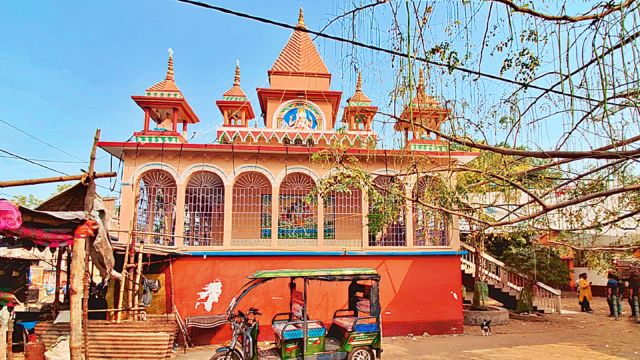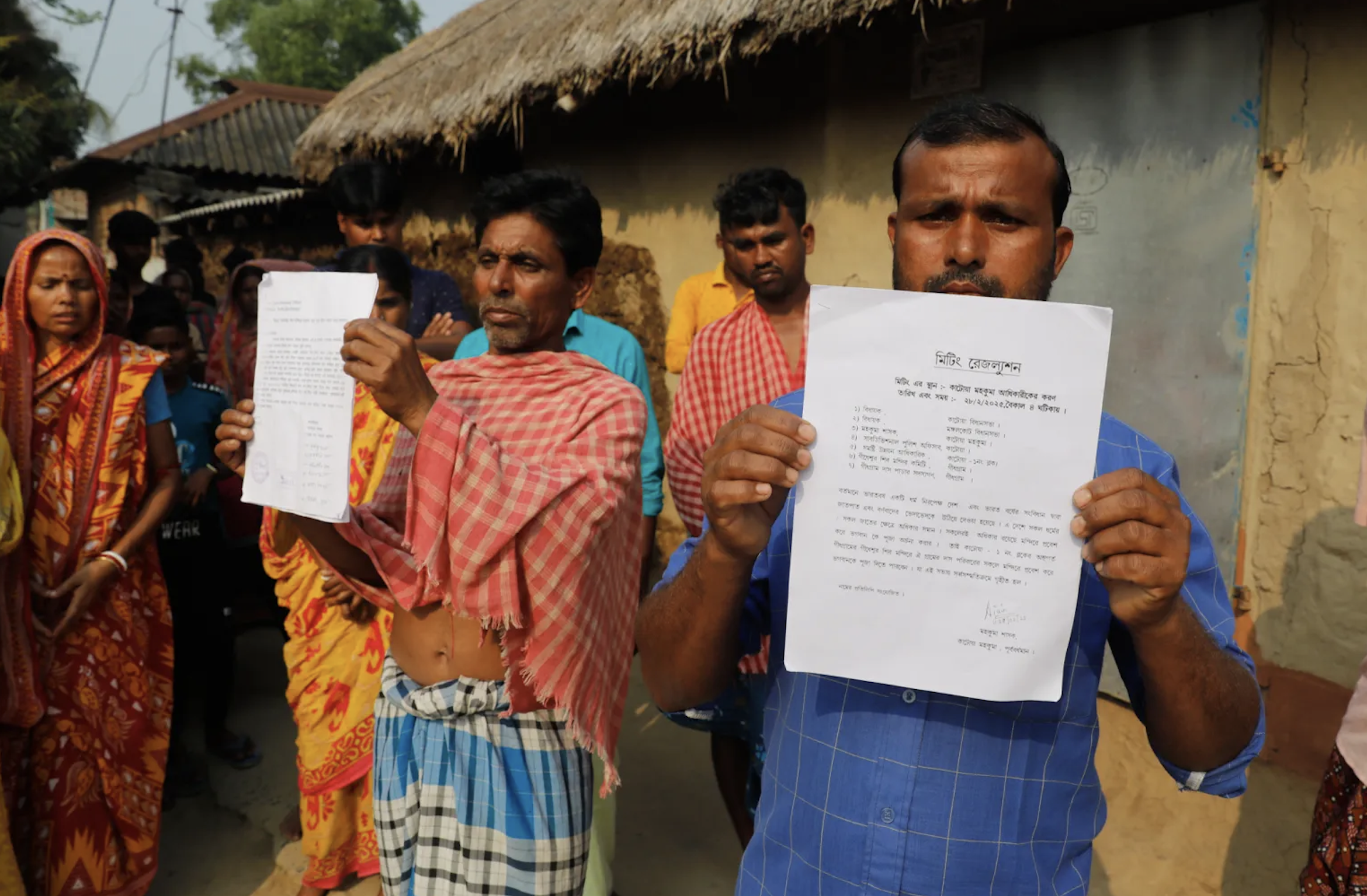
By Ravik Bhattacharya , Joyprakash Das
“We don’t even have the right to climb the steps, let alone enter the temple and pray. Even a meeting with the administration couldn’t change that,” said 50-year-old Ekkori Das, standing in Daspara area of Gidhagram village in West Bengal’s Purba Bardhaman district.
The village, about 150 km from Kolkata, has become ground zero for a fight for their rights being waged by around 550 men, women and children from 130 Dalit families, who are barred from entering the local Shiva temple.

This, despite a plea to the district administration and police highlighting the “untouchability and discrimination”, a meeting on February 28 to discuss the issue, and even a resolution to address it.
Officials say they are trying to navigate the fragile situation while keeping in mind the law and order situation, but for the families, the administration is dragging its feet.
At the centre of the row is the Gidhagram Gidheshwar Shiv temple, believed to be around 200 years old. A plaque on the temple states that a renovated structure came up in 1997.
“For years, we have not been allowed to climb the steps and enter the temple. They call us ‘choto jaat (low caste) and ‘muchi jaat’ (cobbler caste). It’s either the temple committee or the locals who stop us,” said Ekkori, a farmer who lives with his wife and children.
“Last year, I took fruits and flowers to offer puja. But members of the temple committee forced me to leave,” said Kalyani Das, a 58-year-old homemaker from Daspara.
This story was originally published in indianexpress.com. Read the full story here.

